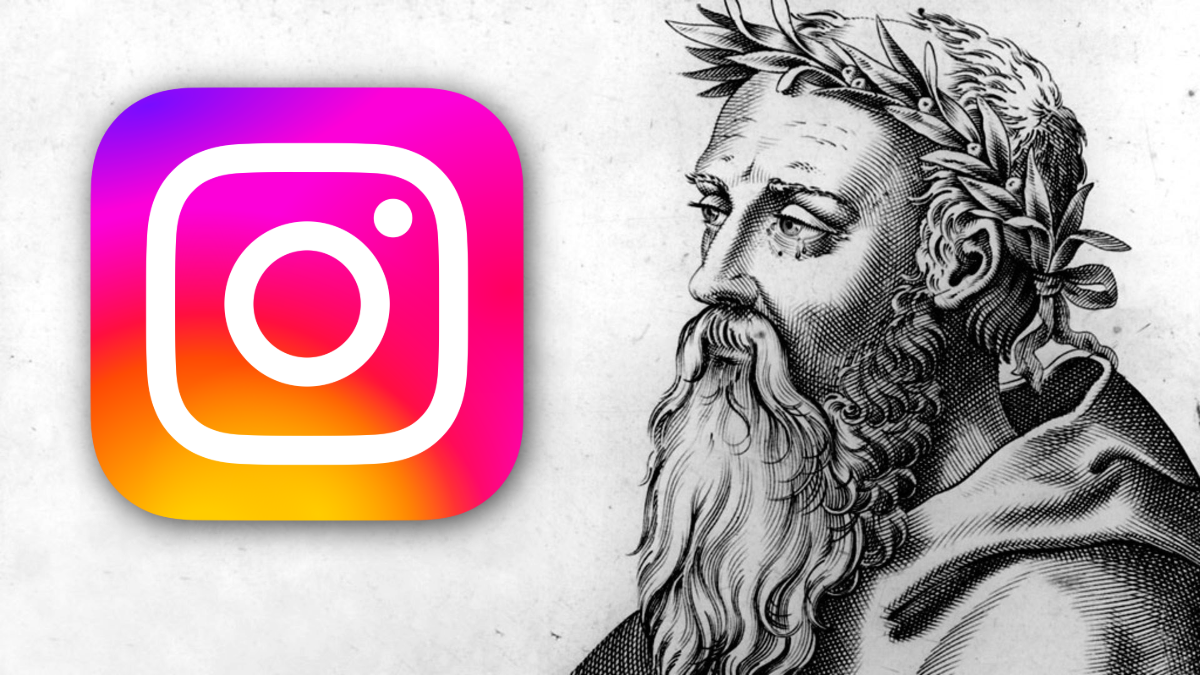Key Excerpts: Meta Wins Bout with FTC Over Instagram, WhatsApp Deals
Cristiano Lima-Strong / Nov 18, 2025
Heraclitus was an ancient Greek philosopher. His ideas were referenced by James Boasberg, chief judge of the United States District Court for the District of Columbia, in his ruling in FTC vs. Meta Platforms Inc.
A United States federal judge ruled on Tuesday that Facebook-owner Meta is not a monopolist in its case against the Federal Trade Commission, dealing a massive blow to the US government's efforts to rein in the tech giant and thwarting a potential spinoff of WhatsApp and Instagram.
The decision, the culmination of a historic legal battle that spanned three administrations over nearly five years, arguably marks the most significant setback to date for a US antitrust movement that has gained significant bipartisan traction in recent years — but largely failed to deliver the most sweeping changes it has sought after in the tech industry.
US District Court Judge James Boasberg wrote in a bruising opinion Monday that the FTC had failed to establish that Meta held a monopoly over what the agency called the “personal social networking” market, offering a distinct and singular tool to connect with friends and family.
The agency failed to convince the court that Facebook’s apps did not compete with rivals TikTok and YouTube, Boasberg wrote, particularly as the functions of the apps have increasingly converged over time. (The FTC, in response, said it is considering its options — signaling a potential appeal.)
Here are some key excerpts from the opinion.
A deep, deep cut
Boasberg, known for his at-times colorful prose, kicked off his seismic decision by referencing ancient philosophy.
“Believing that the only constant in the world was change, the Greek philosopher Heraclitus posited that no man can ever step into the same river twice,” he wrote. “In the online world of social media, the current runs fast, too.”
Like Heraclitus’s river, Boasberg would go on to write, the market in which Facebook (since renamed Meta) has operated since the FTC first filed its lawsuit in December 2020 has changed too dramatically, complicating the agency’s monopolization claims.
“While it once might have made sense to partition apps into separate markets of social networking and social media, that wall has since broken down,” he wrote.
A ‘convergence’ of apps
Boasberg wrote that Meta’s two most well-known US products, Facebook and Instagram, “bear little resemblance to the versions that readers might remember from the 2010s.”
Since, user habits have changed significantly, and the platforms have adapted, he wrote.
“A decade ago, users who checked Facebook or Instagram would see a stock of updates broadcasted by their friends: a status update, a baby picture, a video posted on a friend’s Facebook wall. When they wanted to share, they would post something to this ever-growing feed for all their friends to see,” he wrote. “Now, they are more likely to open the app and scroll through AI-recommended content, then share by sending that content as a private message.”
More and more, Meta’s apps have come to look like rivals TikTok, YouTube and Snapchat, Boasberg found, citing what he called “striking” convergence around features like Meta’s Reels, TikTok’s videos and YouTube’s shorts. “Facebook, Instagram, TikTok, and YouTube have thus evolved to have nearly identical main features,” he wrote.
A blunt dismissal
Boasberg repeatedly and bluntly rebuffed the FTC’s primary monopolization arguments, finding that the agency’s claims did not line up with the available evidence.
He rejected the FTC’s claim that the company’s allegedly oversized profits served as evidence of a monopoly, writing that the agency had not “foreclosed” other potential reasons for it.
He dispatched with the agency’s argument that Meta was able to maintain a monopoly despite degrading its products, finding instead that “Meta’s apps have continuously improved.”
On the FTC’s contention that Meta worsened its apps worse by underinvesting in sought-after content, like updates from friends, Boasberg lamented: “While the Court acknowledges the FTC’s thoughtful briefing and diligent trial presentation, this theory makes no sense.”
“In the end, the Court finds it impossible to believe that consumers would prefer the versions of Instagram and Facebook that existed a decade ago to the versions that exist today,” he concluded.
Worthy competitors afterall
After finding that the agency failed to provide direct evidence of monopolization, he contended with its claims of indirect evidence, but similarly walked away unconvinced.
To do so, he considered whether YouTube and TikTok served as suitable substitutes for Facebook and Instagram, as Meta argued they did and the FTC argued they did not.
Boasberg ran through several case studies to evaluate this, including when Meta’s apps suffered an outage and when TikTok was briefly taken offline due to a US federal ban.
When the latter event took place last year, Boasberg wrote, “people switched to other apps” and the “greatest share of that newfound free time went to Facebook, then to Instagram, then YouTube.”
“What is clear is that the FTC’s hypothesis about how people use these apps is consistently disproven by the data,” Boasberg wrote.
He added: “When consumers cannot use Facebook and Instagram, they turn first to TikTok and YouTube. When they cannot use TikTok or YouTube, they turn to Facebook and Instagram. That evidence leaves the Court with no doubt that TikTok and YouTube compete with Meta’s apps.”
Putting YouTube aside
In a sign of how far the federal government was from ultimately convincing the court of its case, Boasberg wrote that even if you ignored YouTube as a potential competitor to Meta, TikTok posed enough of a challenge that a monopoly could not be established.
“To be fair, while the case for including TikTok in the product market is overwhelming, YouTube’s inclusion, which the Court finds appropriate, is concededly more debatable,” Boasberg wrote. “Yet even if YouTube is excluded, Meta still would not hold a monopoly.”
Boasberg used time spent on each of the platforms as a metric to consider, and found that Meta’s apps held a “modest share” of that time when counting both YouTube and TikTok. And when you eliminate the former, he wrote, the shares “ do not win the day for the FTC.”
A years-long case that sputtered in the present day
Ultimately, Boasberg found that the FTC’s arguments struggled to keep pace with the ever-changing social media landscape in the years since its lawsuit was first launched.
Despite frequent market changes, he wrote, the FTC “continues to insist that Meta competes with the same old rivals it has for the last decade, that the company holds a monopoly among that small set, and that it maintained that monopoly through anticompetitive acquisitions.”
He concluded: “Whether or not Meta enjoyed monopoly power in the past, though, the agency must show that it continues to hold such power now. The Court’s verdict today determines that the FTC has not done so.”
Authors
